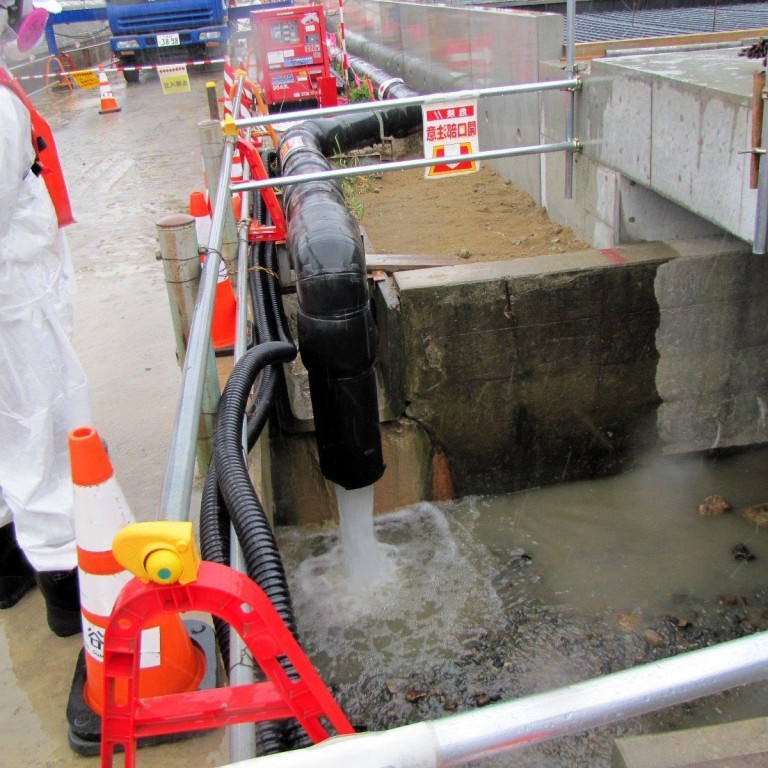
Fukushima nuclear plant diverting groundwater to stem contamination
The operator of Japan's crippled Fukushima nuclear plant said yesterday it had begun a bypass system that diverts groundwater into the sea in a bid to reduce the contamination of the water with radiation.
The operator of Japan's crippled Fukushima nuclear plant said yesterday it had begun a bypass system that diverts groundwater into the sea in a bid to reduce the contamination of the water with radiation.
The move is an attempt to stop tonnes of unpolluted groundwater flowing under the battered plant and mixing with water already there that is laced with radioactive isotopes.
Coping with the huge, and growing, amount of water at the tsunami-damaged plant is proving to be one of the biggest challenges for Tokyo Electric Power Co. (Tepco), as it looks to clean up the mess after the worst nuclear disaster in a generation.
As well as all the water used to keep broken reactors cool, the utility must also deal with the water that travels underground from mountainsides to the sea.
An extra 300 to 400 tonnes of groundwater becomes contaminated beneath the site each day.
For the past month Tepco has been pumping groundwater onto the hillside before it enters the plant site, and storing it in tanks.
Yesterday, engineers started releasing that water after it satisfied quality tests more rigorous than those put in place by the Japanese government or by the United Nations, Tepco said in a statement.
The scheme has met opposition from fishermen in the area who are already battling the perception that their catch is not safe to eat because of pollutants from the plant.
The bypass got the green light after Tepco pledged it would exceed normal safety standards.
"With the bypass system, we are able to reduce by up to 80 tonnes per day" the volume of water that becomes contaminated under the plant, a Tepco spokesman said.
In a test of water samples taken on April 15, potentially dangerous isotopes, including caesium and tritium, were found to be a fraction of the maximum allowed under World Health Organisation guidelines for drinking water, Tepco said.
Environmental activists Greenpeace warned yesterday that this groundwater release must not be allowed to lower the standards for future discharge.
The decision by local fishermen to give their consent for the release "must have been an agonising" one "based on a 'no other choice' scenario rather than as part of long-term solutions for the people of Fukushima", Greenpeace campaigner Kazue Suzuki said in a statement.
Tepco was planning to release about 560 tonnes of groundwater yesterday, it said, with its chief decommissioning officer Naohiro Masuda pledging "to concentrate on a safe and sound operation".
